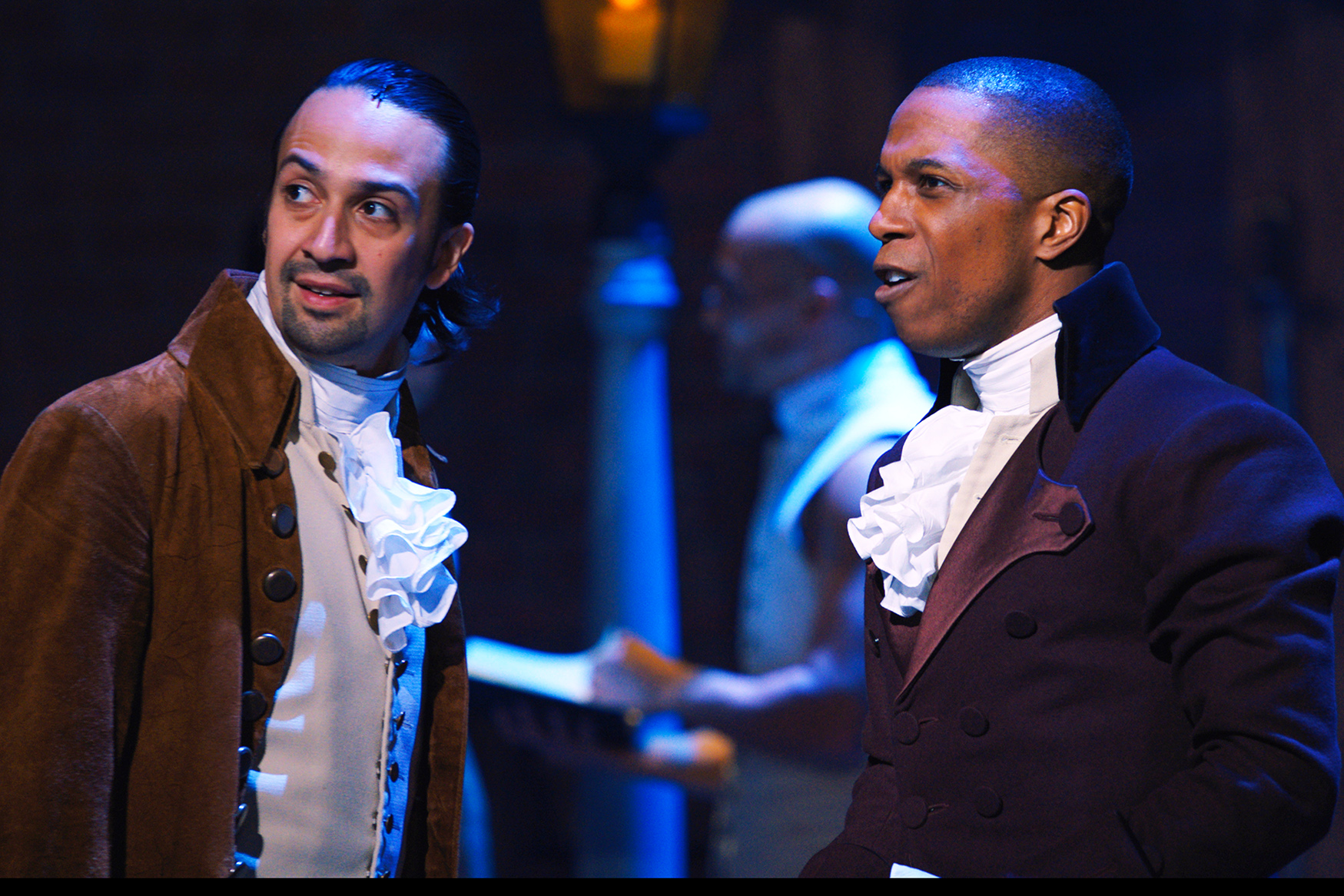
Arguably the most important piece of American theatre created in the last 25 years is Lin-Manuel Miranda’s “Hamilton: An American Musical,” and it has been obsessed over and written about extensively since its Off-Broadway debut in 2015. Still, to Kevin Wetmore, LMU professor of theatre arts, director of the department’s MFA program, and Hamilfan to his core, there was a notable lack of scholarly work created on the hit musical. So when a publisher approached Wetmore to create an anthology of essays on Hamilton seven years ago, he jumped at the chance and immediately began soliciting essays from a long and diverse list of impressive luminaries.
“Hamilton, History and Hip-Hop: Essays on an American Musical,” is the result of his efforts, offering a scholarly examination of the cultural phenomenon that is Hamilton. The book, born out of a collaboration with scholars and enthusiasts alike, provides a comprehensive exploration of the musical’s themes and impact on American culture, and is essential reading for lovers of the musical. The book was recently honored with inclusion on Broadway World’s “24 Theatre Books for Your ’24 Spring Reading List.” The project was supported by a CFA Internal Grant, which supports original scholarship among tenured or tenure-track faculty in the college.
The publication is a comprehensive anthology from a wide variety of perspectives. One of the first people Wetmore approached to contribute was Michael A. Genovese, LMU professor of political science and international relations, president of the Global Policy Institute at LMU, and director of the Institute for Leadership Studies, for an essay about the musical’s depictions of Hamilton and his role in the creation of the government. Genovese contributed the first chapter in the book, “The Battle for Hamilton, Then and Now.” Hip-hop theatre scholar Daniel Banks wrote about the musical as a piece of hip-hop theatre. Other scholars submitted feminist critiques, queer critiques, examinations of Washington, other interactions with pop culture, the fanbase, and other topics.
“With this collection, I wanted to provide more context and thought about the musical and its place and impact within American culture,” said Wetmore. My own essay examines how perceptions of the musical changed when Trump was elected. Before 2017, the musical was a celebration of multiculturalism under a Black president who welcomed the cast and the creators into the White House. Under Trump, Hamilton became part of the resistance, beginning with the curtain speech given to Vice President-Elect Mike Pence.”
With an LMU Theatre Arts Department full of Hamilfans, there was always someone eager to discuss the musical with Wetmore and offer a new perspective. Wetmore used his many conversations with his colleagues and students to help frame how he perceived and thought about the musical. “Given that many of the essays in the book deal with how young people connect to the material while also offering identity-based critiques, I think the book speaks to both the power of theatre and the challenges we face in the stories we tell, and we don’t always see the problematic aspects at first.”



